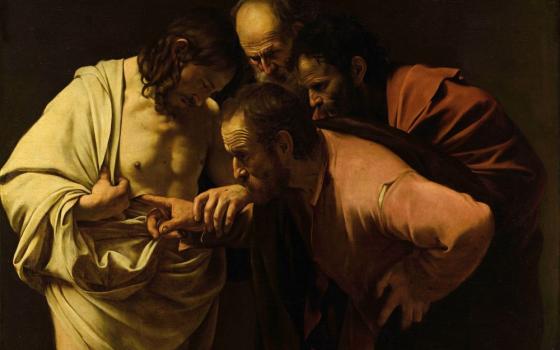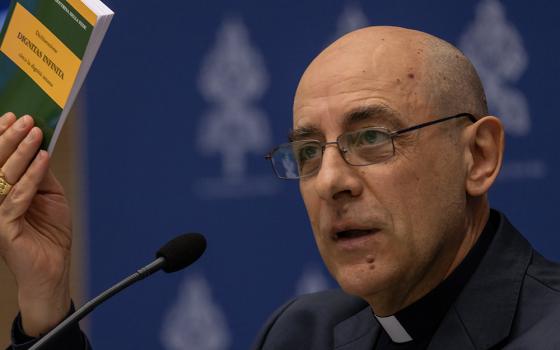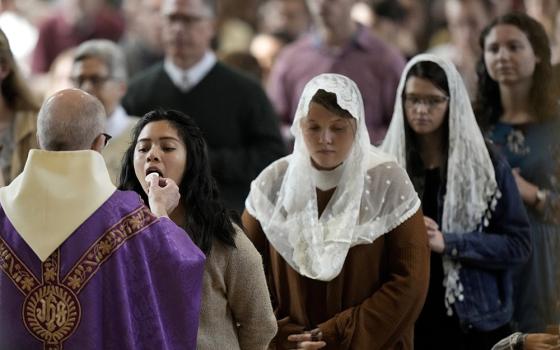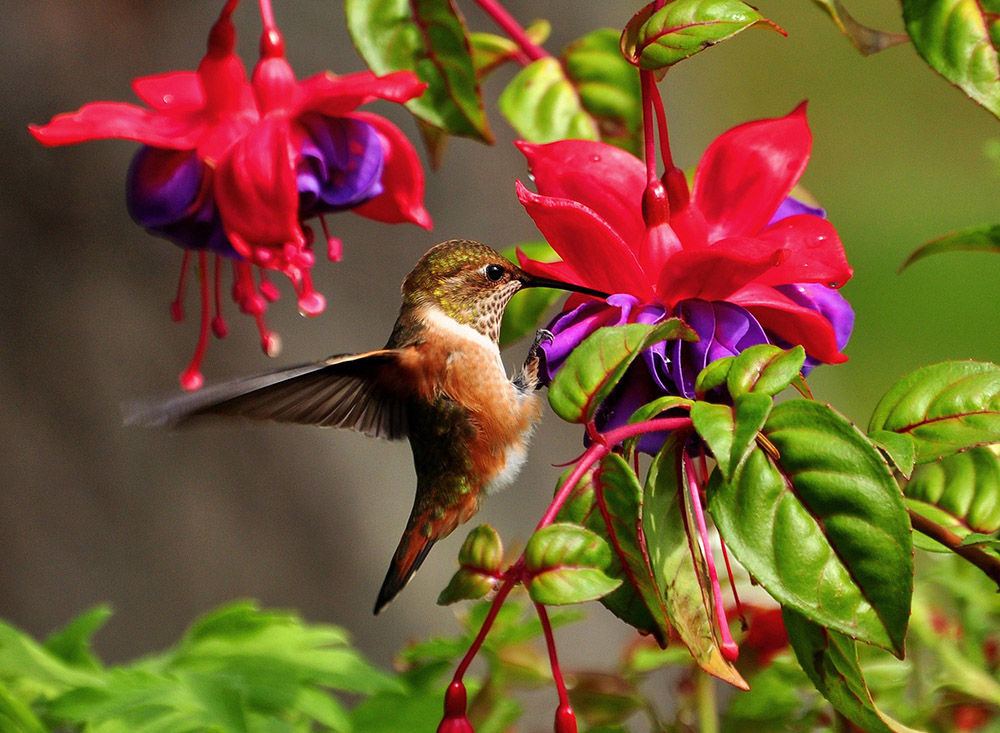
A hummingbird heart can beat more than 1,200 times per minute. (Unsplash/Bryan Hanson)
The first time I saw a sick heart, I was standing at the bedside of a man recovering from a 3,000-volt defibrillator shock in a cardiac ICU room that smelled of urine. I had recently begun night shifts as a hospital chaplain.
Hours after heart surgery, he was surrounded by family members who prayed as each electrocardiogram beep chimed, savoring every second. His heart caulked with fat and prodded by surgery after years of stretching, burning, pumping and congesting only continued to slow, the stitched scar down his sternum an exclamation point at the end of a dying man's life.
I've been thinking about hearts, their great diversity of shapes, sizes and sounds, for some time since my work on the cardiac intensive care unit. My thoughts turn to God's creative whimsy. Only a whimsical God would have catapulted the world into an evolutionary chronicle that gave us animals — and hearts — beyond our imagination.
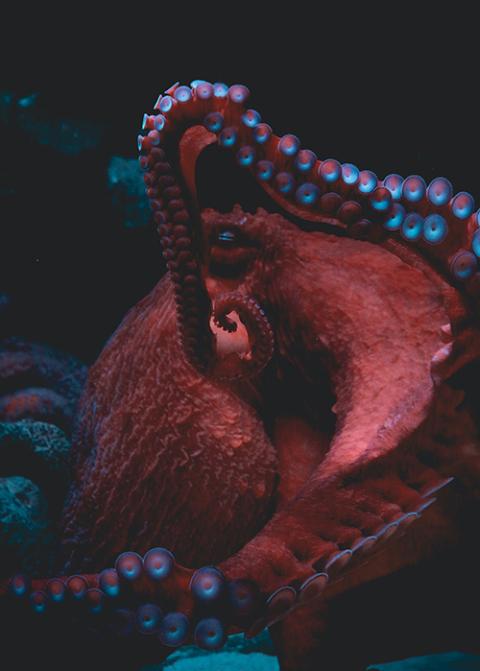
Octopuses have three hearts. They need all three to survive. (Unsplash/Sigmund)
Take, for example, the alien existence of octopuses — and more incredibly, octopuses with three hearts. Knowing the complexities that come with managing a single human heart, I'm amazed by how each of these three hearts power the indirection of many arms in collaboration with the complex consciousness of each tentacle.
A hummingbird heart, on the other hand, is all fury and percussion at a beat of more than 1,200 times per minute, propelling the feeding of itself, the pollination of plants, and the serenading of other feather-jeweled mates. Once my niece cusped a hummingbird she found nearly still in her backyard, her small hands cradling the ending life. All hearts can get sick.
How tired God must be, and too often, how lonely, when hearts stop beating? I don't mean simply the death of a human at a hospital or a small bird in the yard, but rather extinctions that alter the balance of our ecosystems.
Upon this question I remember a whaling museum on the Massachusetts coast in New Bedford. It was overwhelming, with hundreds of harpoons on display. And in the atrium of this extraordinary, still-life aquarium was a life-size model of a blue whale heart that functioned as a sort-of jungle-gym. I crawled inside the aorta and imagined the echoes of a bass drum heartbeat. I also imagined the threat of extinction — not necessarily from harpoon guns and lances, but a threat imposed by ship strikes, net entanglements and warming oceans doused with pesticides.
I admit to lacking a devotion to the Sacred Heart of Jesus. Yet I find comfort in cardiologies so unlike my own. Three octopus hearts, beating in concert, pumping life to the surface tips of soft suckers as they graze dying coral reefs, serve as a reminder of my devotion to lives radically different from my own.
What's it like to have your heart warped by thorns, to have it smolder like a furnace?
Advertisement
This sacred heart is at the center of a carnal theology and it is embodied by pulses large and small — at depths far below the ocean's surface, hovering in the air above flower stamens and grounded in the bodies of those that propel gentle breaths on this screen.
Pope Francis says in Laudato Si', everything was "conceived in the heart of God." He then quotes a homily from Pope Benedict XVI, "Each of us is willed, each of us is loved, each of us is necessary." Every beating heart in the vast tapestry of creation reminds me of the profound sacredness of all life.
When a heart ceases to beat, a piece of what God envisioned fades away and is lost — from the diverse spectrum of sexualities and desires to the muscles of sorrow and tenderness to the motors of flight and submersion to the knowledge of how to love and how to repair. Extinction has already claimed many hearts, and the loss of more will leave our planet impoverished, forever deprived of the fullness of the symphony of beating hearts that God designed.
In the ICU, alongside the dying man with an exclamation point on his chest, no one unclasped their hands from prayer. A grandchild broke the silence filled until then only by a machine's steadily declining beeps: "It's a beautiful heart."








